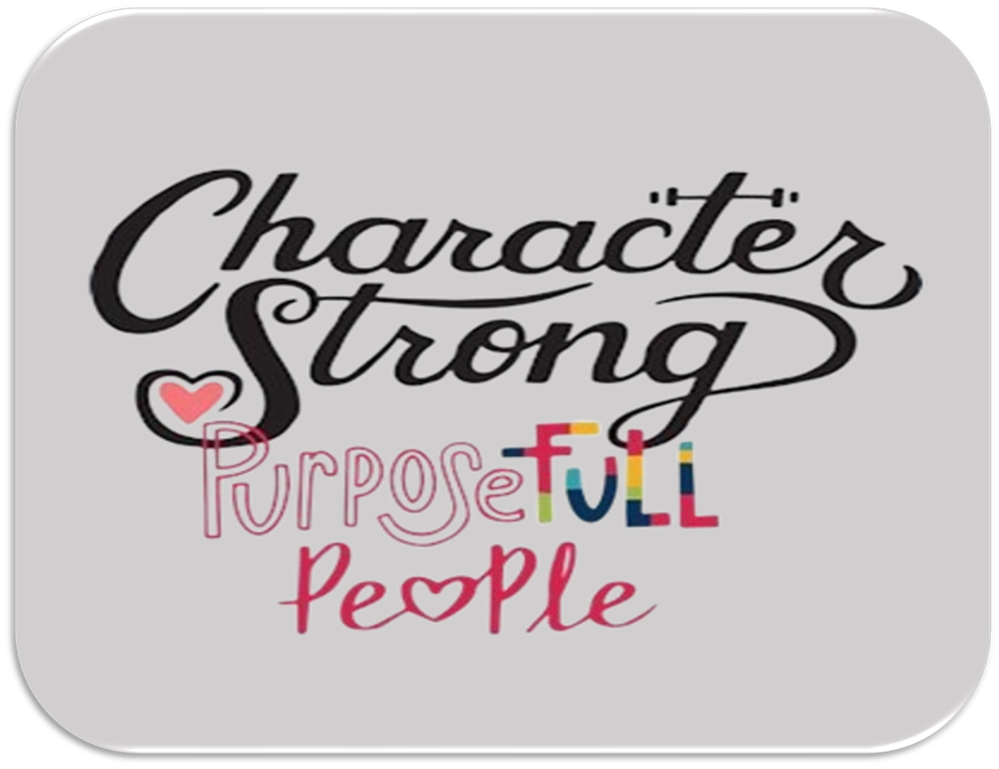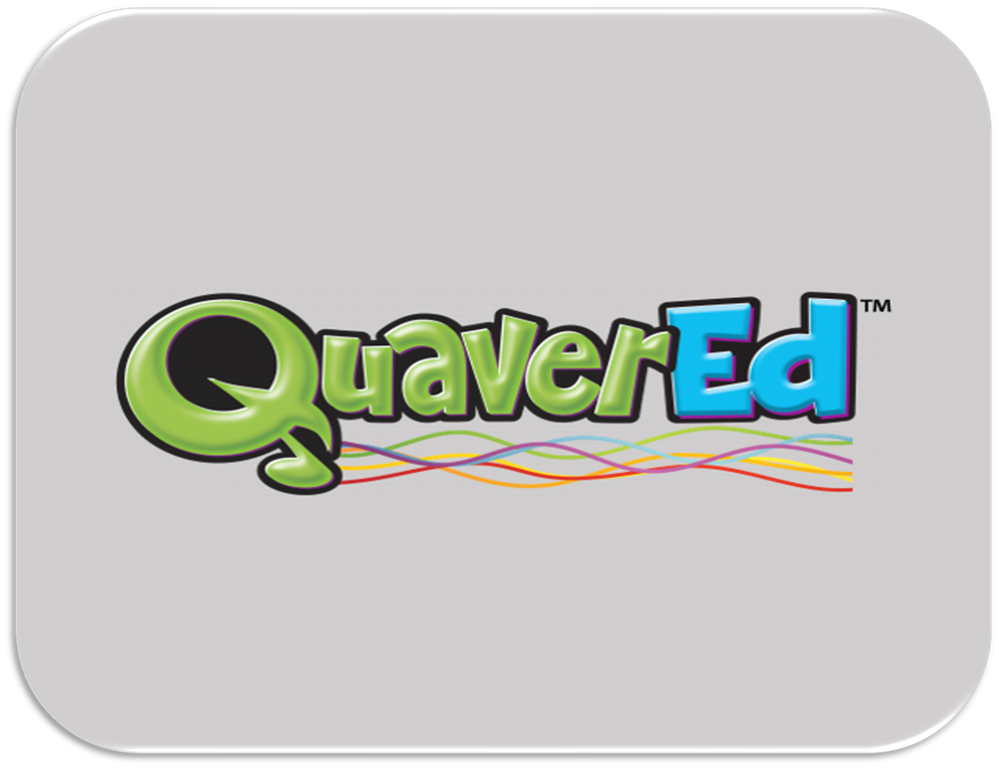- School District of Beloit
- 2nd Grade - Social & Emotional Learning
2nd Grade - Social & Emotional Learning
-
The School District of Beloit has selected a high-quality social, emotional learning curriculum aligned to WI state competencies that incorporates research-based instructional strategies to support all students in their social and emotional growth. The goal of the social and emotional learning program is to prepare our students to be kind, be well and be strong. As a result, we make an effort to establish a solid foundation in social skills and conflict resolution, executive function and emotional regulation. At all grade-levels, lessons build on a student’s prior social and emotional development and focus on future growth via the themes of respect, empathy, cooperation, responsibility, perseverance, courage, gratitude, honesty and creativity.
2nd Grade Social & Emotional Learning Units
-
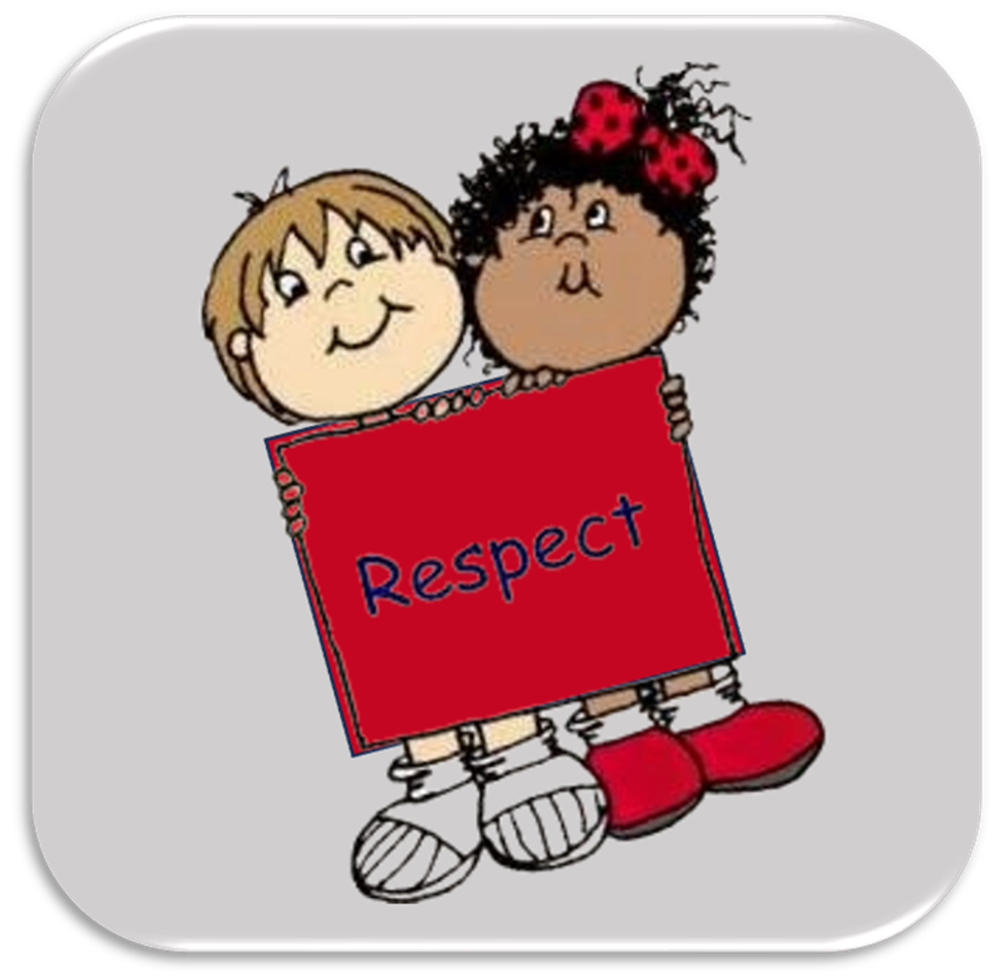
Respect
Students will create detailed guidelines based on Respect to build a positive classroom environment. Students will practice naming the conflict and recognizing the size of the conflict. Students will practice communicating with Respect using I-Statements. Students will identify ways to resolve conflict using the Tree of Choices.
-
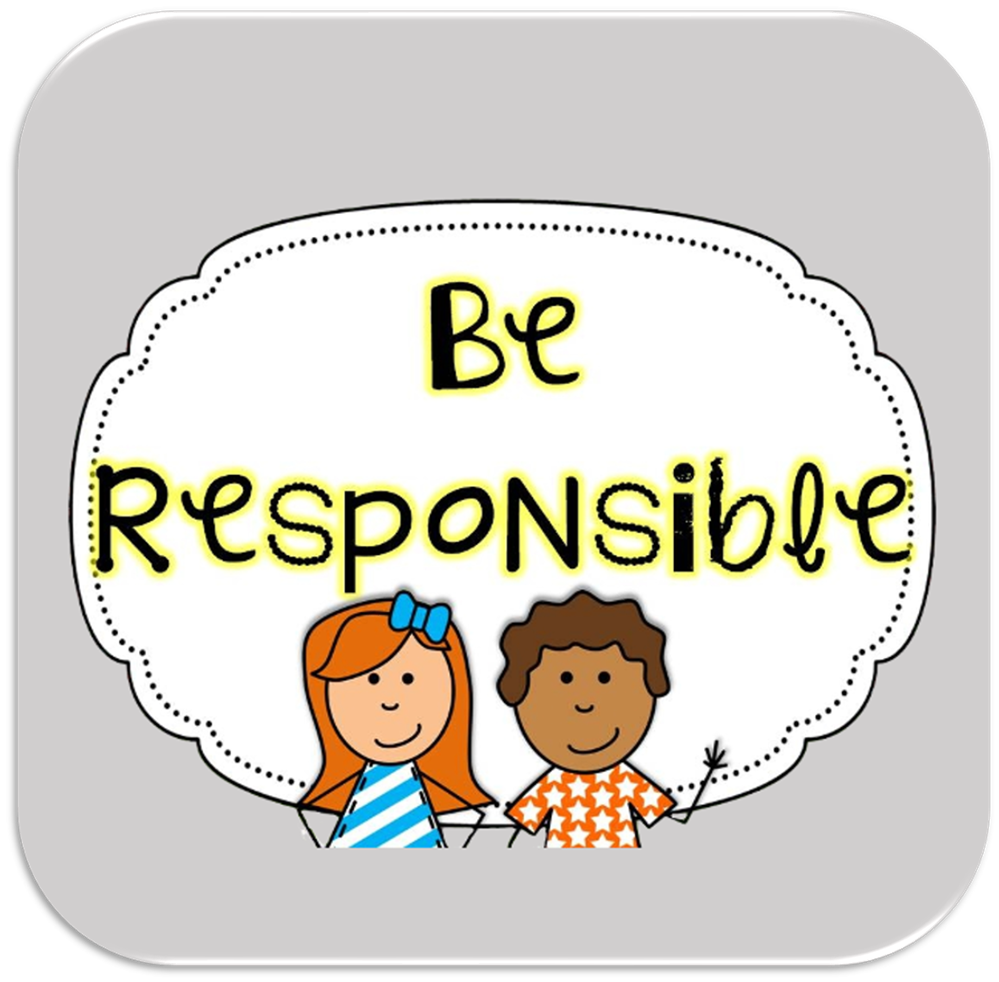
Responsibility
Students will discuss and demonstrate what a Responsible community circle looks like. Students will show Responsibility by reviewing community circle agreements and engaging in a community circle. Students will come up with actions that demonstrate Responsibility at school. Students will demonstrate how having a specific Responsibility impacts others.
-
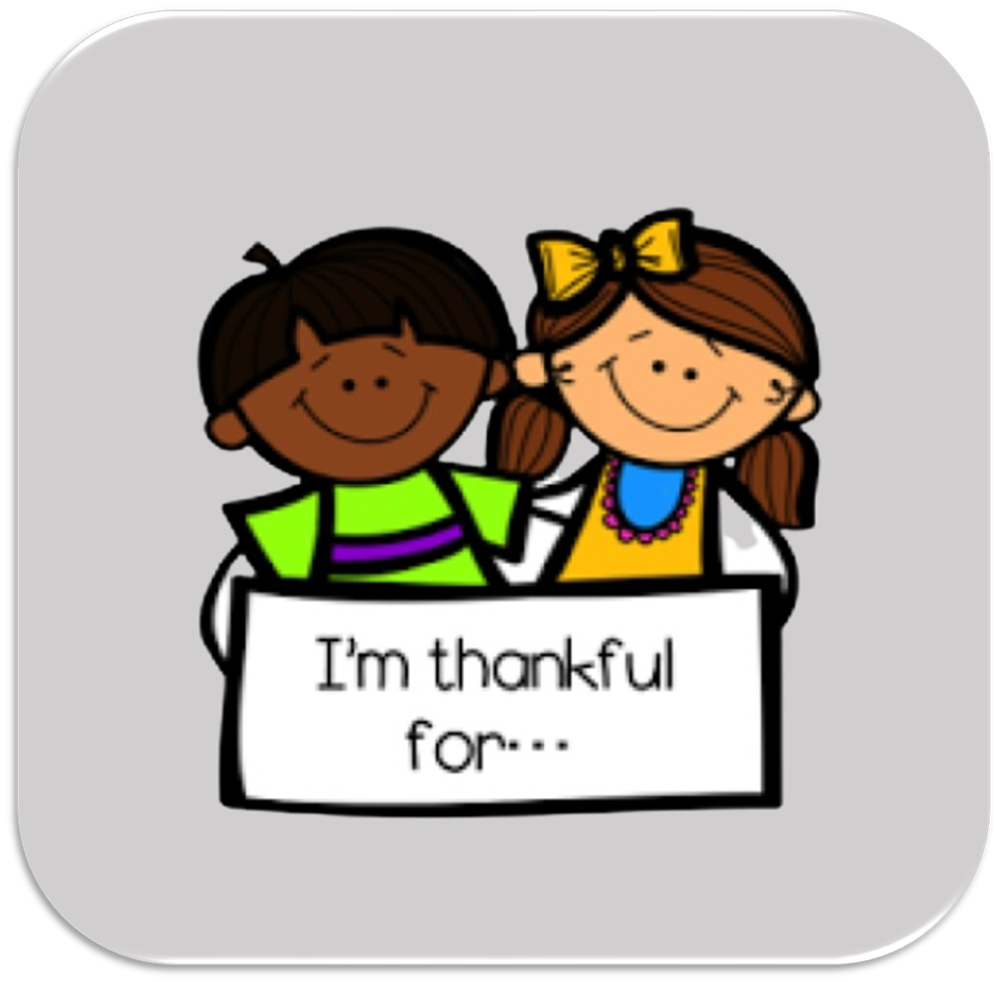
Gratitude
Students will practice expressing Gratitude as a way to regulate emotions. Students will identify different things they are Grateful for and proud of within themselves. Students will express what they are Grateful for by making a Gratitude Collage. Students will understand how feelings of Gratitude can help them balance out big emotions.
-
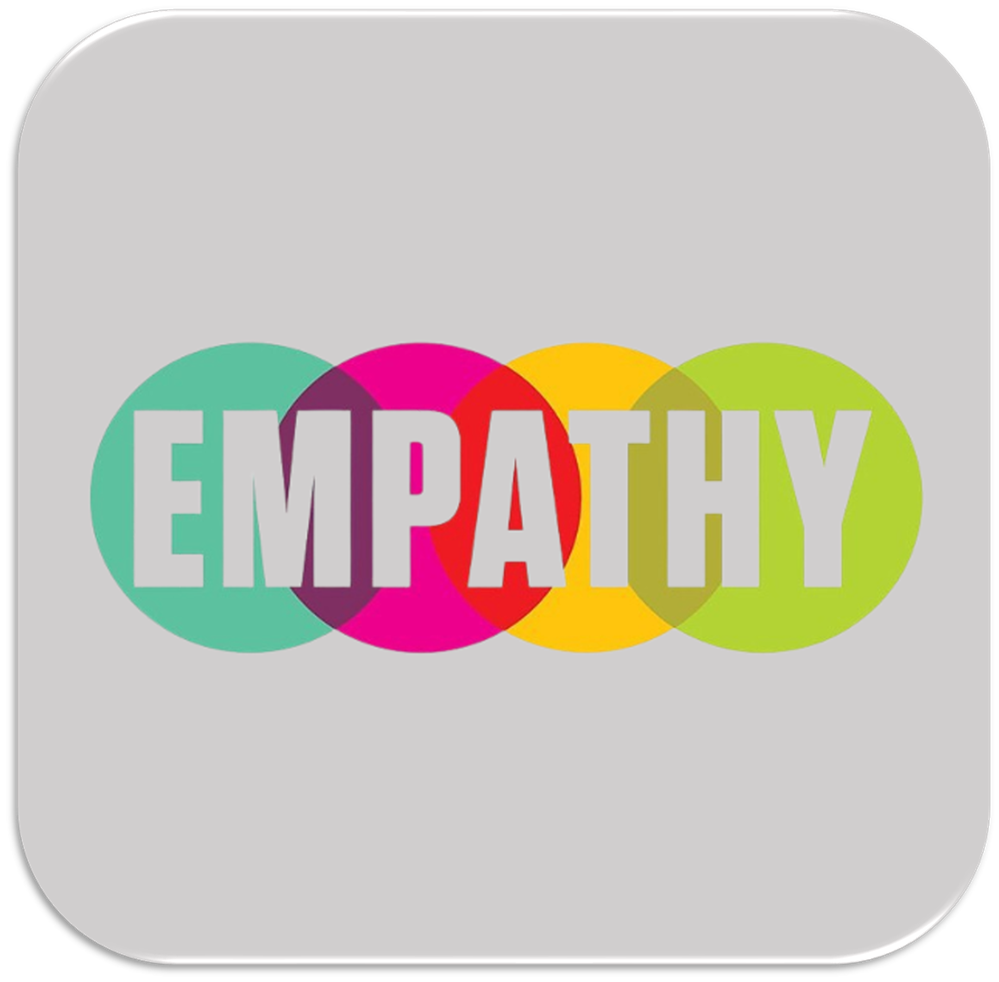
Empathy
Students will identify a problem and determine if it is big or small. Students will identify what grows Kindness and what does not. Students will practice Empathy with each other when working through challenges. Students will practice using Empathy to resolve conflict.
-

Perseverance
Students will show engagement by being active learners of the character trait Perseverance. Students will reflect on ways to engage in the world to make it a better place and create a plan with a partner. Students will engage in small groups with specific roles to create a mascot for Perseverance. Students will Persevere and engage in group roles to build the tallest structure they can.
-
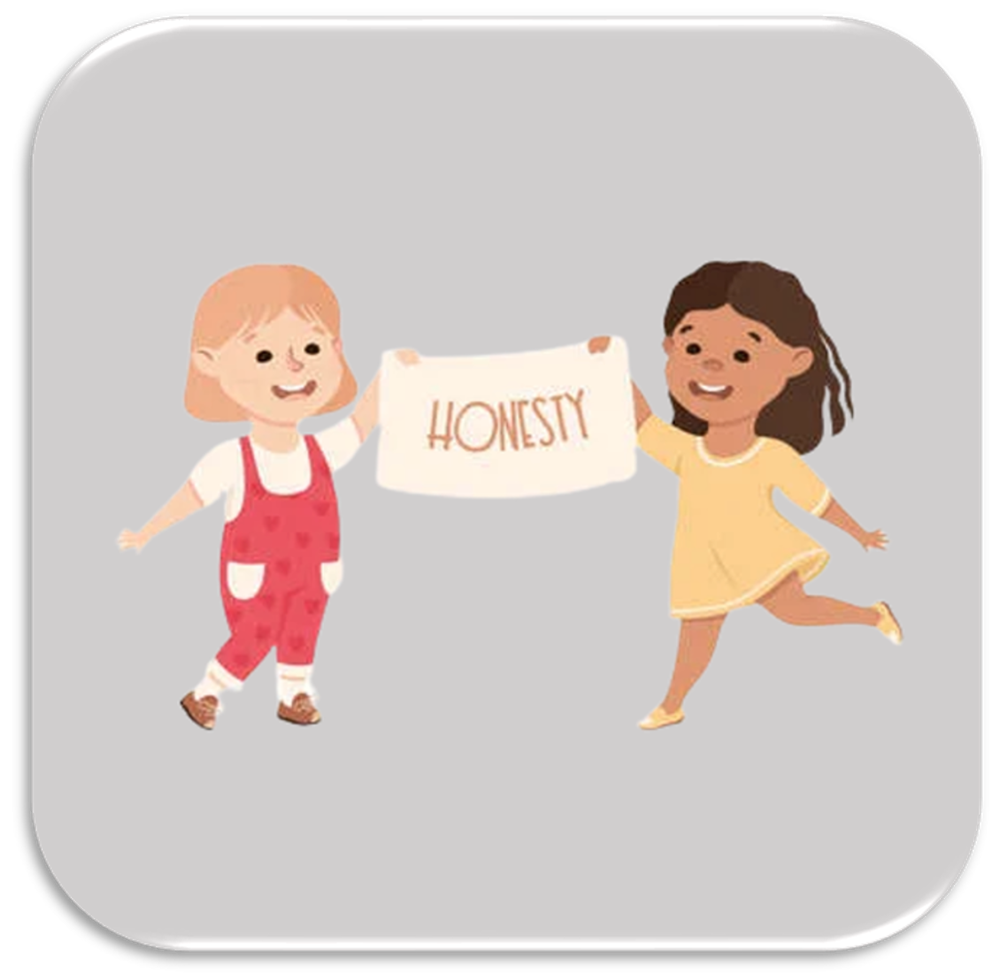
Honesty
Students will identify ways to show Honesty by evaluating strengths they can use to feel more confident and focused. Students will practice Honesty while identifying emotions and discussing strategies to regulate emotions. Students will identify emotions that make it hard to be Honest and practice strategies to regulate those emotions. Students will learn about and try out different strategies that would help with regulating emotions.
-

Cooperation
Students will practice Cooperation skills like sharing ideas and taking turns while drawing collaboratively. Students will Cooperate to create music using different sounds. Students will Cooperate while working with classmates to create a new animal. Students will create a chain to showcase their individual strengths.
-
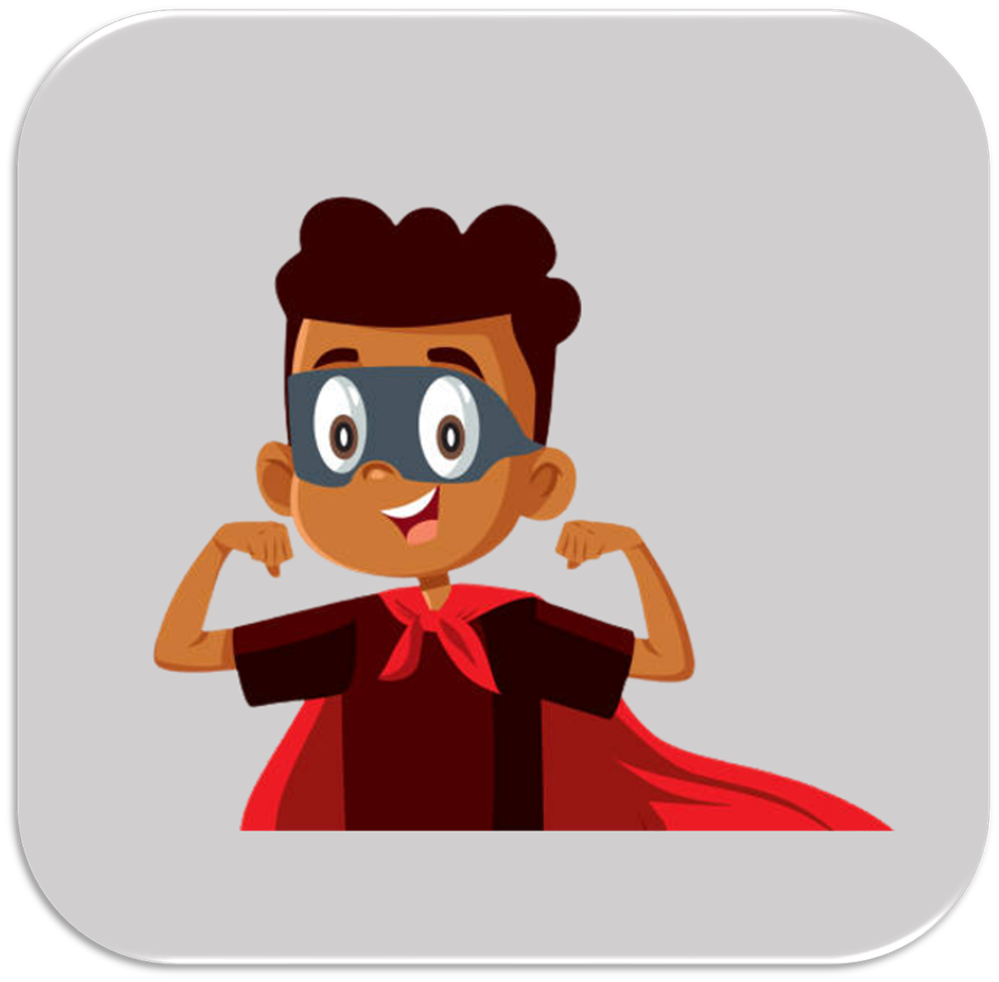
Courage
Students will use visualization skills to create a Gallery of Courage that shows each student engaging in something Courageous. Students will engage in a small group challenge by sharing their ideas and encouraging others. Students will evaluate their overall classroom engagement, then work together to create fun reminders to improve engagement. Students will engage in Courage Charades through acting out and identifying different acts of Courage.
-

Creativity
Students will think Creatively to generate unique coping strategies. Students will identify and practice using movement regulation strategies. Students will identify and practice breathing regulation strategies. Students will act out the different emotional elements and ways to regulate emotions.
By the end of 2nd Grade, students will...
-
Emotional Development
- recognize and label a variety of their own basic emotions.
- use verbal and nonverbal language to demonstrate a variety of increasingly complex emotions.
- with adult guidance, focus their attention by demonstrating a variety of strategies to tolerate distractions.
- with adult guidance, identify how others are feeling basic on their verbal and non-verbal cues and respond with compassion.
- predict how someone else may feel in a variety of situations.
Social Competence
- present their own point of view.
- identify commonalities they share with peers.
- recognize that individual differences are important to self and others.
- identify the different relationships they have with others.
- describe in simple terms how words, tone, and body language are used to communicate with others.
- with adult guidance, adapt behavior based upon peer feedback and environmental cues.
- demonstrate listening skills, ability to start and stop conversations, and take turns in conversations.
- understand the perspective of others in a conflict situation.
- with adult guidance, generate possible choices and actions they could take in a given situation, including positive and negative options.
- demonstrate positive behaviors as established in the classroom and school-wide expectations.
- describe ways to promote personal safety.
- identify how to get help from a trusted adult in a variety of situations.
- with adult guidance, identify classroom, school, and/or community needs.
Self-Concept
- identify and describe skills and activities they do well and those for which they need help.
- identify and explore their own beliefs.
- define the role family and culture play in their identity and beliefs.
- identify simple goals for personal and academic success.
- with encouragement, persist toward reaching a goal, despite setbacks.

